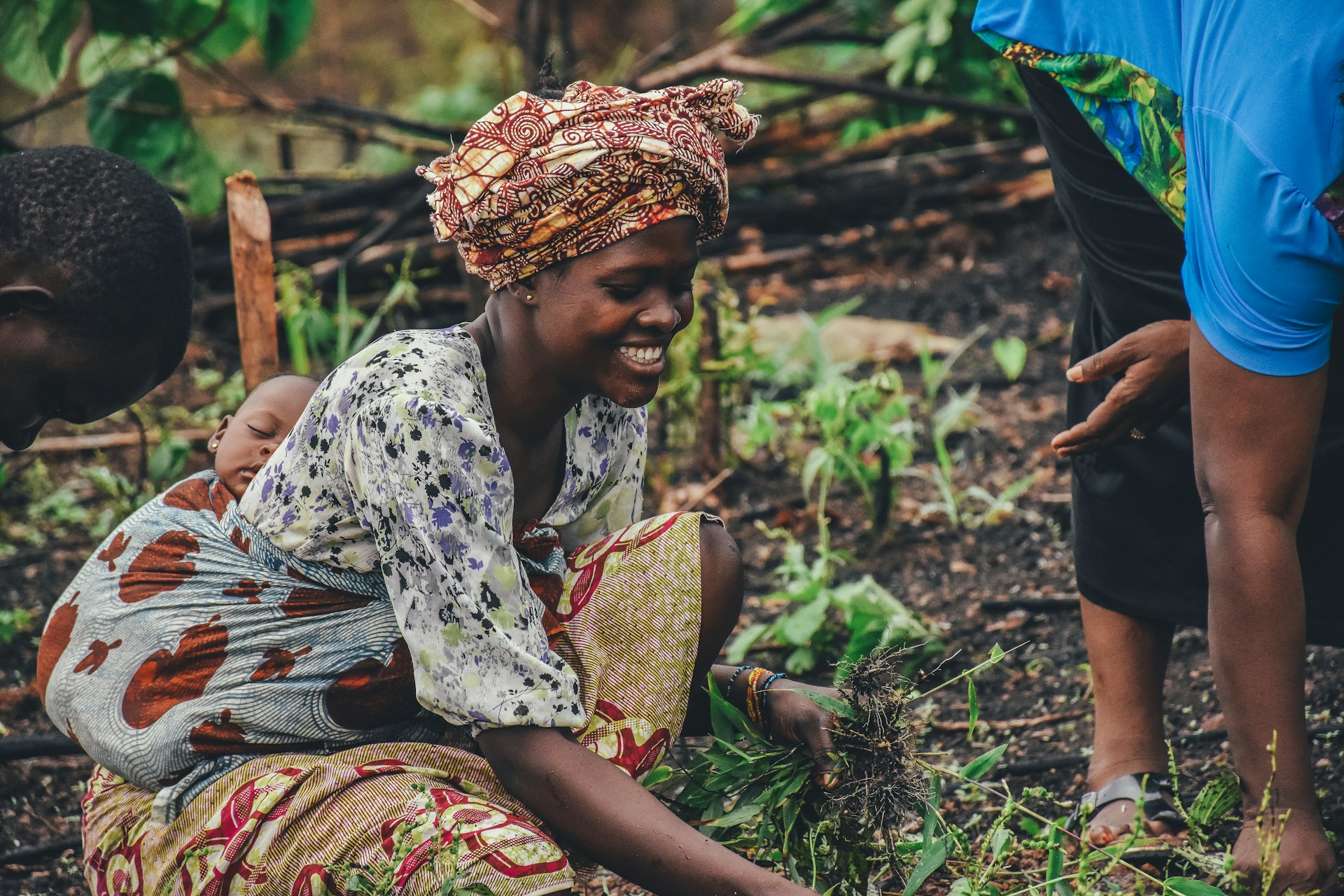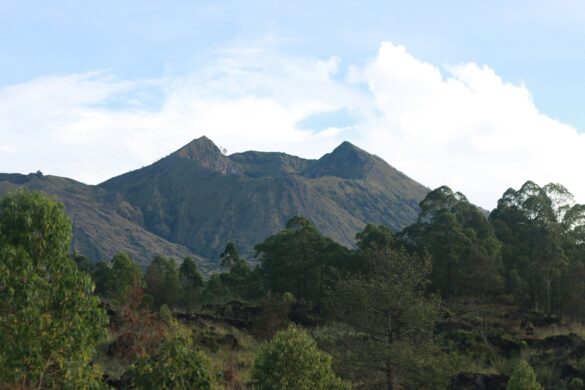What is the COOP’R project?
The COOP’R project is an inter-regional cooperation initiative that brings together 15 regions from West Africa and France to advance the economic and social development of French-speaking territories while strengthening biodiversity protection and climate resilience in and around protected areas.
Under the title COOP’R – Promoting inter-regional cooperation to advance economic and social development in French-speaking territories, with a focus on biodiversity and climate change in protected areas, the project supports local authorities as they preserve, restore, and enhance natural areas that are vital to both communities and ecosystems.
.
.
The impact of COOP’R
-
Amplify the impact of public policies and local initiatives across Francophone regions
-
Supports the preservation, restoration, and sustainable management of protected and other natural areas.
-
Strengthens links between environmental protection and local economic and social development.
-
Promotes women’s leadership in integrated biodiversity management and ecosystem services.
-
Encourages peer-to-peer learning and collaboration through inter-regional cooperation in the French-speaking world.

Discover this project
Funded by the French Delegation for the External Action of Local Authorities, COOP’R is led by the Association internationale des Régions francophones (AIRF), and supported by the Fédération Nationale des Parcs Naturels Régionaux and Regions4, all contributing their experience in territorial governance and protected area management.
COOP’R operates across France and West Francophone Africa, including Benin, Cameroon, Ivory Coast, Morocco, Senegal and Grand Est Region. Over its two-year duration from 2023 to 2025, the initiative engages 15 West Africa local authorities, alongside several Regions4 and RegionsAdapt members.

Activities
Over two years, five actions will be carried out from November 2023 to July 2025. Each participating community will carry out a self-assessment to evaluate how their projects support the preservation and restoration of protected areas, and how they include local beneficiaries in project management. To foster collaboration and communication, remote activities will include a WhatsApp group and regular video calls to share project updates.
In-person activities will feature:
-
One annual technical meeting in a French-speaking territory.
-
A political-technical gathering in France focused on sustainable tourism and international cooperation.
-
Throughout the project, 10 participatory webinars on key topics will be held.
-
COOP’R will be present at major global events, including the 2024 Biodiversity Convention and the 2030 Climate Convention. The program will conclude with a final seminar to reflect on outcomes and future directions. This project is co-financed (50%) by the Delegation for External Action of Territorial Communities (DAECT) of the French Ministry of Foreign Affairs (MEAE) under the triennial call for projects “Clés en mains 2023-2025”.
The local authorities involved in this project are:
- Benin: Association of communes of the Atlantic and Littoral (ACAL), Association for the Promotion of Intercommunality in the Department of Alibori (APIDA), Community of communes of Plateau (CCP), Groupement Intercommunal du Mono (GI -Mono);
- Cameroon: Western Regional Council;
- Ivory Coast: Kabadougou Regional Council, Sud Comoé Regional Council, Tchologo Regional Council;
- France: Grand-Est Regional Council, the South Provence-Alpes Côte d’Azur Region (promoting experiences in cooperation with the Tangier Tétouan Al-Hoceima Region, Morocco and the Djiboutian Regions); the Massif de Bauges and Vercors regional natural parks;
- Morocco: Béni-Mellal-Khénifra Regional Council, Fès Meknes Regional Council, Oriental Regional Council;
- Senegal: Gossas Departmental Council, Louga Departmental Council.
Events and stories impact
Learning and building capacity at Guinée Conakry workshops
The members and partners of the COOP’R project met the week of the 22nd of April 2024, to exchange on good practices to allow for the preservation of natural areas, looking at how to protect trees and reforest, develop sustainable agriculture practices and adapt to Climate change and learn from the successful PROTEMO project. The team, led by AIRF, and the Federation of Natural Parcs in France, allowed for field visits to learn from projects undertaken on the grown.
Learning and building capacity in West Cameroun
The members and partners of the COOP’R project met the week of the 13 – 18th of April 2025 to learn from sustainable eco-tourism practices developed in West Cameroon, notably looking towards the preservation of Mount Mbapit, Metche Falls, and their surrounding biodiversity.
Capacity building webinars
In 2024 and 2025, the project organized 10 virtual webinars to build capacity of participating regions around managing conflict of interested within protected areas, developping sustainable economic activities and tourism, protection from climate change and biodiversity loss.
Videos from COOP'R regions:

Role and Engagement of Regions4 as a Technical Partner
- Sharing regional expertise on climate adaptation and biodiversity: Regions4 contributes by reviewing and strengthening the content of workshops and webinars for African partners, supporting capacity-building efforts, participating in field activities, and facilitating the involvement of member regions
- Promoting the exchange of good practices, tools, and case studies: Through RegionsAdapt and RegionsWithNature, Regions4 connects participating territories to active communities of practice. These platforms help foster peer learning, share practical solutions, and support the exchange of expertise to address shared biodiversity and climate challenges.
- Enhancing external visibility and international outreach: Regions4 helps amplify the results of the COOP’R project within international forums and across African regional networks. This includes communicating project achievements, supporting joint social media efforts, and showcasing field experiences during global climate and biodiversity conferences.
- Supporting replicability and scaling of successful initiatives: To broaden impact, Regions4 facilitates the dissemination of good practices and the inclusion of COOP’R-related case studies in the Biodiversity Case Study Database. The organization also ensures that lessons learned are shared across RegionsAdapt communities of practice and promotes the COOP’R project to other French-speaking African regions in the Regions4 network.
Join us!
We welcome our regions members to participate in Projects on Climate Change and Biodiversity
Do not hesitate to contact us!
Héloïse Chicou, responsible
of this project:

Héloïse Chicou
Climate Action and Resilience Programme Manager
climate@regions4.org





